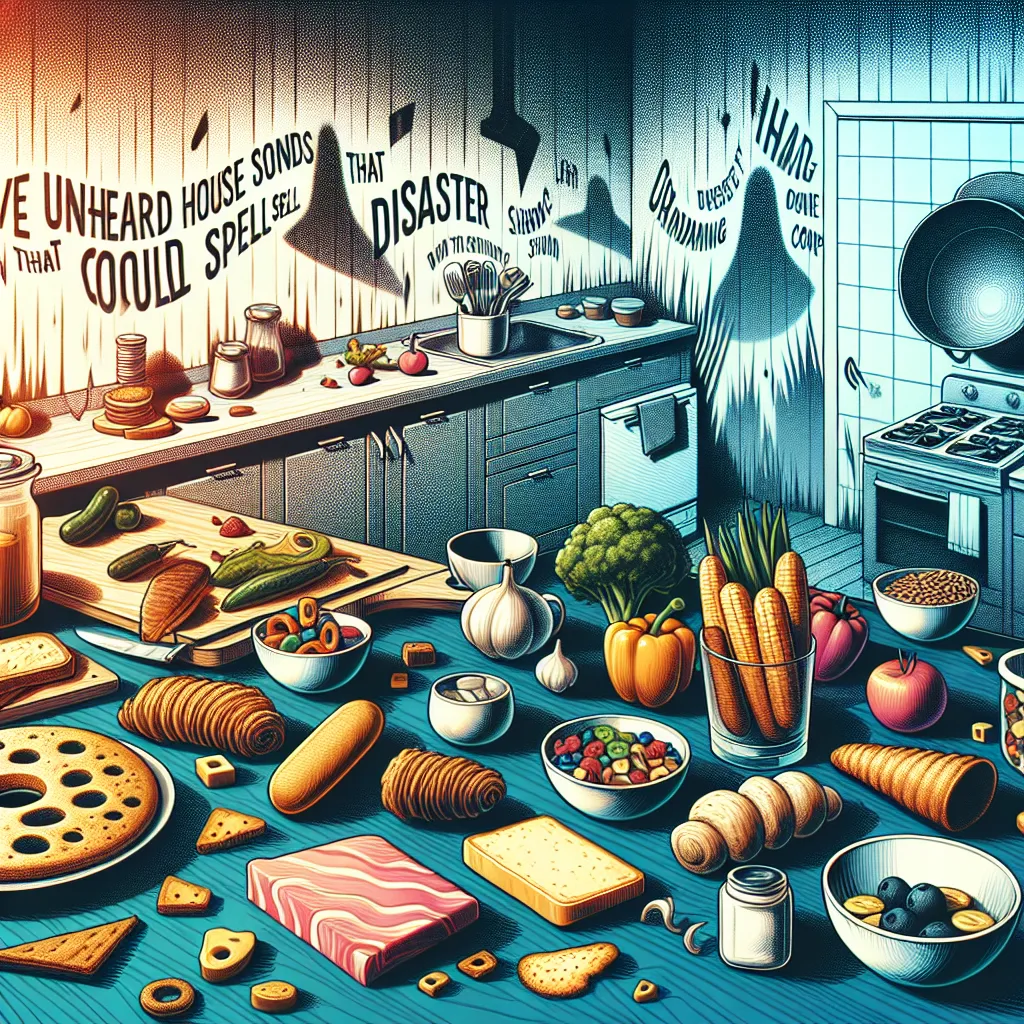While some noises can be harmless, others are an urgent call for attention. They could be the precursors to a significant accident or an indication of an existing problem that could escalate if not addressed promptly.
Buzzing Electrical Outlets
A buzzing or crackling sound from your electrical outlets is not only a nuisance but a potential fire hazard. This could indicate a loose connection, an overloaded circuit, or faulty wiring. If you hear this sound, switch off the power and call a professional electrician immediately.
Dripping Sounds
A constant drip, drip, drip sound can be a sign of a plumbing issue. Whether it's a leaky faucet, a damaged pipe, or a problem with your roof, ignoring this can lead to water damage, mold growth, and even structural problems.
Scratching in the Walls
Scratching noises in the walls or ceilings usually indicate a pest infestation. It could be mice, rats, or even termites. If not dealt with promptly, these pests can cause significant damage to your home's structure.
Humming from the HVAC System
If your heating, ventilation, or air conditioning (HVAC) system starts to hum loudly, it could be a sign of a malfunctioning motor, a refrigerant leak, or a blockage in the system. Don’t ignore this sound as it can lead to expensive repairs if the system breaks down completely.
Popping Sounds in the Attic
Popping or cracking sounds from your attic, especially during extreme temperature changes, could indicate a problem with your home's structure. This could be due to the expansion and contraction of the building materials. If these noises are frequent, it's worth getting a structural engineer to check it out.
Conclusion
Your house is a complex structure with many components working together. Understanding the sounds it makes and knowing when to act can save you from potential accidents or expensive repairs. If you hear any of these five noises, don't ignore them - your home might be trying to tell you something important.
Remember, when in doubt, it's always better to call a professional to inspect and diagnose the problem accurately. Your safety and the longevity of your home depend on it.



